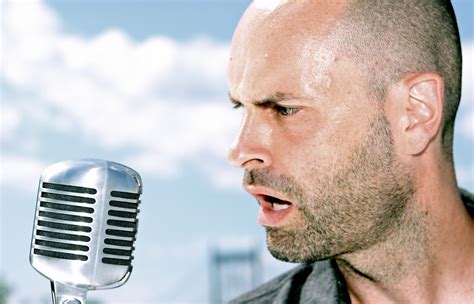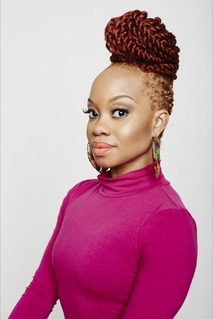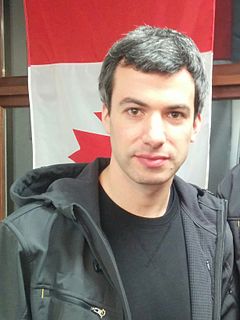A Quote by Ted Alexandro
Comedy takes all of life and puts it through a lens of acceptance, just by the mere act of talking about it on stage in a communal setting. It's very primal and ritualistic in that sense.
Related Quotes
I think it's important for people to understand that dance, movement, choreography is about an experience and entertainment but it's also about perception and a lens. So when we're talking about a Black female's experience through a Black female's lens, that's going to be totally different from a Black female's perspective through a Black male's lens.
When I first started doing my comedy act, I just desperately needed material. So I took literally everything I knew how to do on stage with me, which was juggling, magic and banjo and my little comedy routines. I always felt the audience sorta tolerated the serious musical parts while I was doing my comedy.
The sexual act - thinking about the sexual act, the telling about the sexual act, after the sexual act, is so much more important than the actual sexual act - just in time. It's like of the whole sexual act, you probably spend 95% of the time thinking about it, talking about it afterwards. The actually sexual act, especially when you're 17, is minutes.
There are lots of incredible people who are working in very flawed structures that are designed to keep us apart, so we're going to have to figure this out. The first stage is just talking about it openly: We are all working within structures where there is a disincentive to do what we most need to do, which is come together. I don't know what the answer is but I definitely think that that first stage is just being honest about it and trying to speak about it in a way that is not just accusatory.
Interestingly it's when you come to the comedy, that's where a lot of the discussion is. It's like ten people sitting around talking about what is funny. "Is that funny? Is that funnier than that? Is this slightly funnier than this?" I guess that's what it's like when you're making a comedy movie as well, you just have to sit around talking seriously about the nature of comedy.
You carry that through and adapt it to a camera lens, but you're quite right, you cannot be sure of what an audience is going to do. You don't know what's going to happen to the piece you're doing anyway. You don't know how it's going to be edited. There are a lot more unknowns in cinema. But that you have to readily accept. That's when, I think, you have to forget about intellect, to a degree. Intuition is very important when you're working with a lens, I believe, for what the lens is doing, too.

































